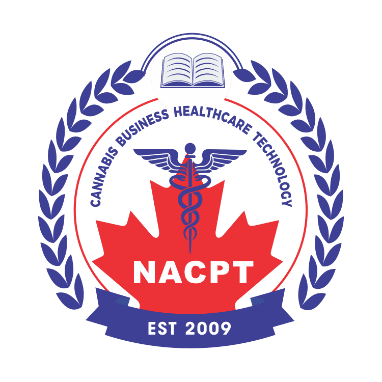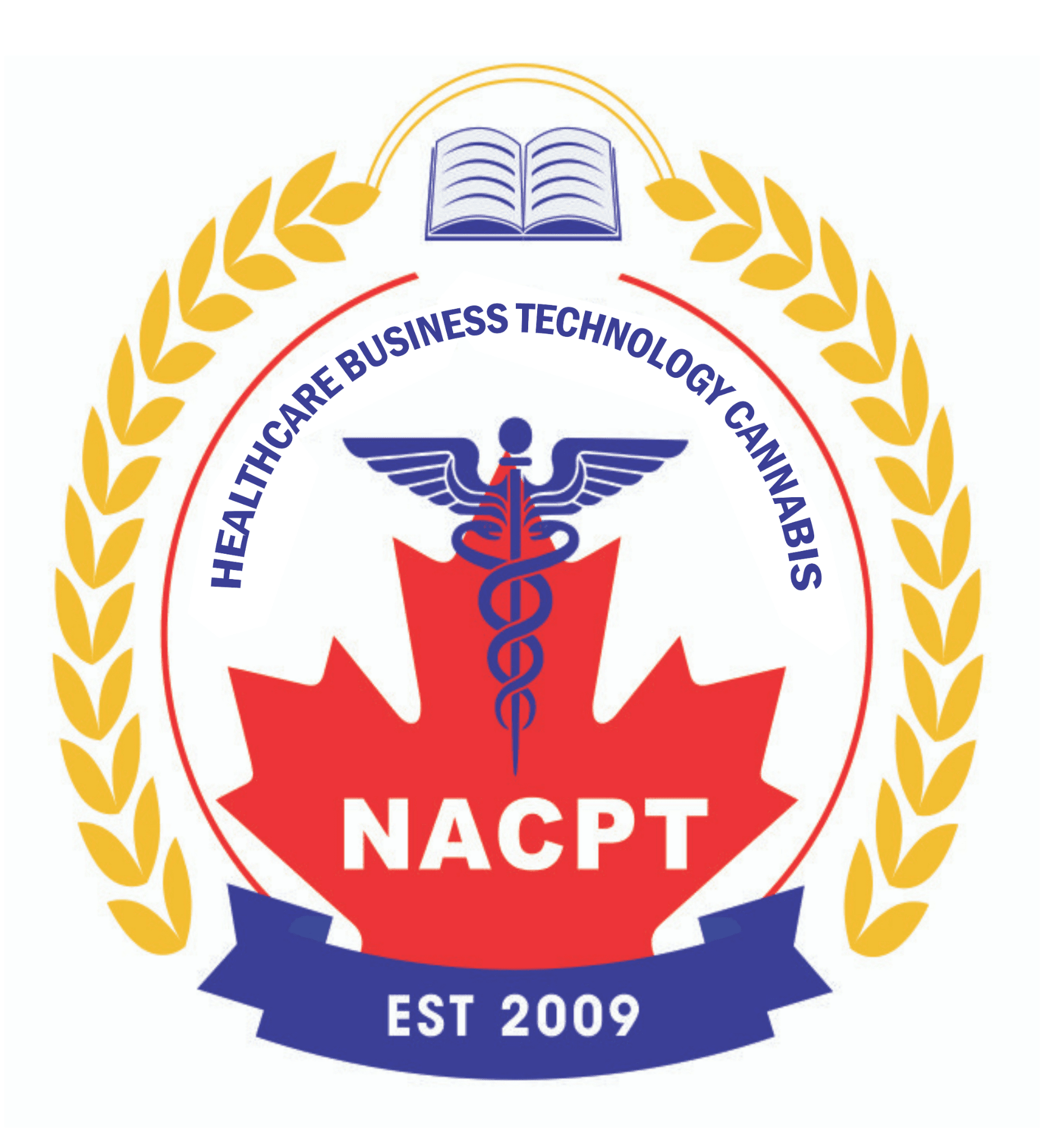- Home
- About Us
- Diploma Programs
- Certificates
- Cannabis
- Healthcare
- Pharmaceutical
- Corporate Training
- CannSell Expert Certification
- Information Technology
- ESL Program
- Psychedelics
- Food Handler Certification
- Apply
- Student Services
- Events
- Blogs
- R&D
As a medical office administrative assistant you manage and run a doctor’s office or medical facility on a daily basis. Your typical day can include documenting patient information, booking doctor appointments, hospitalization and discharge procedures, maintaining insurance records and so on.
Here is a run-down of the role and responsibilities of a Medical Office Assistant in a day:
MOA has the responsibility of all administrative duties pertaining to the facility. You will facilitate a smooth operation of reception and related areas of the office and provide administrative support to the healthcare team.
You are also the first point of contact for patients, guests and stakeholders who visit the healthcare institution. Hence you must greet them warmly, understand the purpose of their visit and guide them to the right staff. You’ll also accept incoming calls and reply to fundamental questions, schedule and manage appointments, and conduct pre-appointment interviews with patients to obtain case histories.
An MOA must help each patient in person or over the phone, as needed. You’ll promptly and politely respond to patient questions, direct and accompany patients to examination rooms, prepare rooms and patients for checkups, and clean up after patient visits. You’ll also take information such as blood pressure, temperature, pulse, patient weight and height, and update patient records as needed.
Following discussion with the physician, you will assist the patients with all of the services that their physician has recommended to them. This could entail scheduling, coordinating, or referring patients to specialists for any testing, scanning, bloodwork, ultrasound, or pharmacy visits.
Each new patient must be assisted with initial paper works. The patient’s medical history or treatment records must be filed in a way that makes them easy to find and retrieve. After each appointment, a patient’s health record must be updated and electronically documented as needed.
It is also your responsibility as a MOA to keep up with changes in health insurance laws. Each patient’s insurance claims must be processed and filed in accordance with the law’s standards and regulatory requirements.
It is mandatory to keep any healthcare facility tidy, sanitized and stocked for the safety and appropriate treatment of patients and you must perform the following duties regularly:
In short, each day for you as a medical office assistant will be strenuous and challenging. You are required to be accurate, careful and skillful in the tasks you are assigned. However you will have a satisfying and rewarding career in the healthcare sector as you ensure the proper running of a healthcare institution and help the distressed patients complete their medical needs and feel secure and safe.
This job also helps you become a problem-solver, time-efficient, fast thinker, organized and detail-oriented.
To become a medical office administrative assistant you must have a certificate or diploma in medical office administration. For MOA course, curriculum information, admission requirements, educational grants and financial services, and job assistance program contact NACPT Pharma College at +1 416 412 7374 or email us at info@nacptpharmacollege.com.

Medical Office Administration
Medical Office Administration











